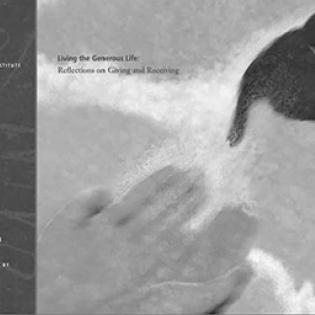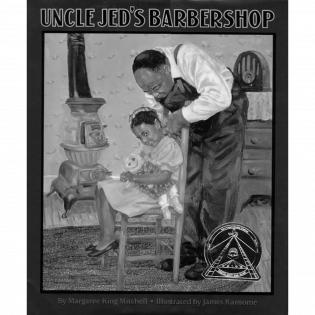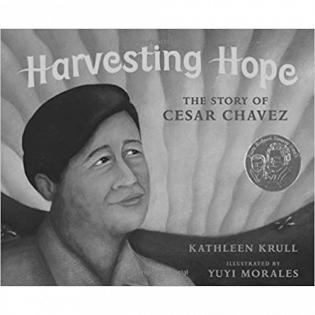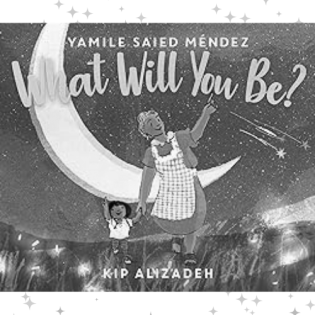In this lesson, learners read primary documents that illustrate the motivations of the founding fathers of the United States related to philanthropy (government by the people, advocacy, civil rights, shared power). We have a long history of demanding civil rights for a population that was...
Filter by subjects:
Filter by grades:
Filter by audience:
Filter by issue area:
Filter by content type:
Filter by resource type:
resource search
The learners read about two very different Texas pioneers - William Goyens and Mary Maverick - and identify how they earned the trust of others.
Participants will survey members of the community (school or local area) to determine a need, write proposals to satisfy the need, consider doing an optional one-day fundraiser to help fill that need, serve on a board of directors or a youth advisory...
In collaboration with the Fetzer Institute's Generosity of Spirit project team, Learning to Give brings you access to stories from all over the world that speak of the gifts and challenges of leading a generous life.
This collection of world myths and folktales (linked below) is accompanied by lesson plans at the high school level and a reflection guide for teachers, parents, and youth leaders.
Have you ever known someone who was willing to give up a great personal opportunity to help someone else? We all make choices about helping others that may interfere with our own plans. The thing we give up is an opportunity cost.
This books tells the real-life journey of Cesar Chavez, who moved with his childhood family of Mexican heritage from farm to farm as migrants, trying to earn enough money for food and housing.
This book explores the question "What Will You Be?" with generous, curious, and loving role models rather than those who hold specific jobs. The book and discussion help readers follow their inner voice and envision a bountiful and beautiful world.
We examine the Core Values of American Democracy and discuss their importance and where we are exposed to them and practice them throughout life.
The purpose of this lesson is to identify what it means to be a true hero. The learners will explore character traits of heroes and apply this information to understand why individuals, or organizations might be considered heroes for animal welfare and humane...



